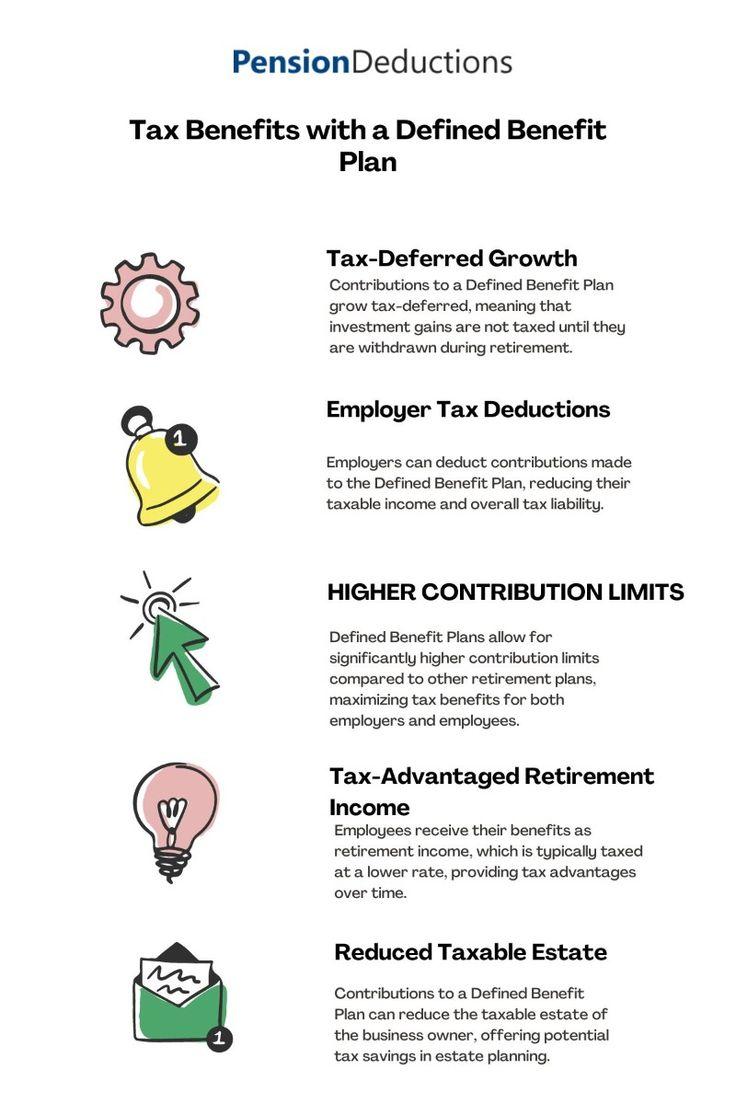In the ever-evolving landscape of health insurance, the debate over high deductibles versus lower premiums has become a perennial topic of conversation. Picture this: you’re at a bustling farmers’ market, faced with the tantalizing choice between the plump, organic tomatoes that come with a hefty price tag and the more affordable, albeit less glamorous, conventionally grown ones. In the world of health insurance, this choice mirrors the decision between high deductibles and lower premiums. It’s a balancing act that requires careful consideration, much like picking the perfect produce. But fear not! We’re here to unravel the mystery and help you decide whether those high deductibles are truly worth the enticing allure of lower monthly premiums. So grab a cup of coffee, settle into your comfiest chair, and join us on this friendly exploration of one of health insurance’s most pressing questions.
Weighing the Trade-Offs: A Closer Look at High Deductible Health Plans
High Deductible Health Plans (HDHPs) have become increasingly popular due to their appealingly low monthly premiums. However, they come with a unique set of trade-offs that require careful consideration. On the one hand, lower premiums can provide immediate relief to your monthly budget, allowing you to allocate those savings elsewhere. Yet, the flip side of this coin is the higher out-of-pocket costs when you do need medical care. This means that while you might enjoy paying less each month, a single unexpected medical event could lead to significant financial strain.
- Pros:
- Lower monthly premiums
- Potential tax advantages through Health Savings Accounts (HSAs)
- Incentive to make more informed healthcare decisions
- Cons:
- High out-of-pocket costs until the deductible is met
- May deter individuals from seeking necessary medical care
- Less predictable healthcare expenses
Choosing an HDHP often comes down to evaluating your personal and family health needs, financial situation, and risk tolerance. It’s crucial to weigh these factors carefully, ensuring that the benefits truly align with your lifestyle and financial goals. A well-planned strategy, possibly involving a robust HSA, can mitigate some of the potential downsides, offering a buffer against the high costs that can arise unexpectedly.

Unlocking Savings or Opening Risks: Understanding Your Financial Exposure
Choosing between high deductibles and lower premiums is like standing at a financial crossroads, where every path offers its own mix of opportunities and potential pitfalls. High deductibles can indeed lead to reduced premium costs, which might seem like a win-win scenario for those who rarely make insurance claims. However, this choice is not without its own set of challenges. Consider the unexpected: a sudden illness or an unforeseen accident could lead to significant out-of-pocket expenses before your insurance kicks in. In such moments, the savings on monthly premiums might not feel as rewarding as they once did.
- Pros: Lower monthly premiums, potential for savings if claims are infrequent.
- Cons: Higher out-of-pocket costs during emergencies, potential financial strain.
For those with a robust emergency fund, high deductibles might be a manageable risk, but for others, the financial exposure could outweigh the savings. It’s crucial to weigh these factors against your financial situation and risk tolerance. Are you prepared to handle a significant expense at a moment’s notice, or is the peace of mind offered by lower deductibles worth the extra monthly cost? Understanding your financial exposure is key to making an informed decision that aligns with your lifestyle and long-term goals.

Navigating the Deductible Dilemma: Expert Tips for Making the Right Choice
Deciding between high and low deductibles can feel like walking a tightrope, but understanding your own financial landscape can make the decision easier. A higher deductible often translates to lower premiums, which can be a boon for those who rarely visit the doctor. Consider this path if you have a healthy lifestyle, a stable income, and a robust emergency fund to cushion unexpected medical expenses. However, keep in mind that the upfront costs of medical care will be higher until you meet that deductible threshold.
On the flip side, opting for a lower deductible means higher premiums, but it also means that your out-of-pocket costs for medical services start decreasing sooner. This might be the right choice if you anticipate frequent healthcare needs, such as managing a chronic condition or planning for upcoming procedures. Here are a few factors to consider when choosing your deductible:
- Health Status: Evaluate your current health and any anticipated medical needs.
- Financial Readiness: Assess your savings and ability to pay out-of-pocket costs.
- Risk Tolerance: Understand your comfort level with financial risks associated with high deductibles.
 High Deductibles Suit Your Health Needs“>
High Deductibles Suit Your Health Needs“>
Balancing Act: How to Decide If High Deductibles Suit Your Health Needs
Choosing the right health insurance plan often feels like walking a tightrope, where the balance between premiums and deductibles plays a crucial role. High deductibles may initially appear daunting, but they can be an ally in your financial strategy if approached thoughtfully. Here are a few points to ponder:
- Frequency of Medical Visits: If you’re someone who rarely visits the doctor, a high deductible plan might work in your favor, as it typically comes with lower monthly premiums. This can be a smart choice for generally healthy individuals who want to save on upfront costs.
- Risk Tolerance: Consider your comfort with financial risk. High deductible plans mean you’ll pay more out-of-pocket when you do need care, so it’s essential to weigh your ability to cover these costs against the savings from lower premiums.
- Long-term Savings: Pairing a high deductible plan with a Health Savings Account (HSA) can offer tax advantages, allowing you to save for future medical expenses. This combination can be particularly beneficial if you’re planning for major medical events down the road.
Ultimately, the decision should reflect not just your health needs, but also your financial resilience and future planning. Striking the right balance is key to ensuring peace of mind without breaking the bank.

